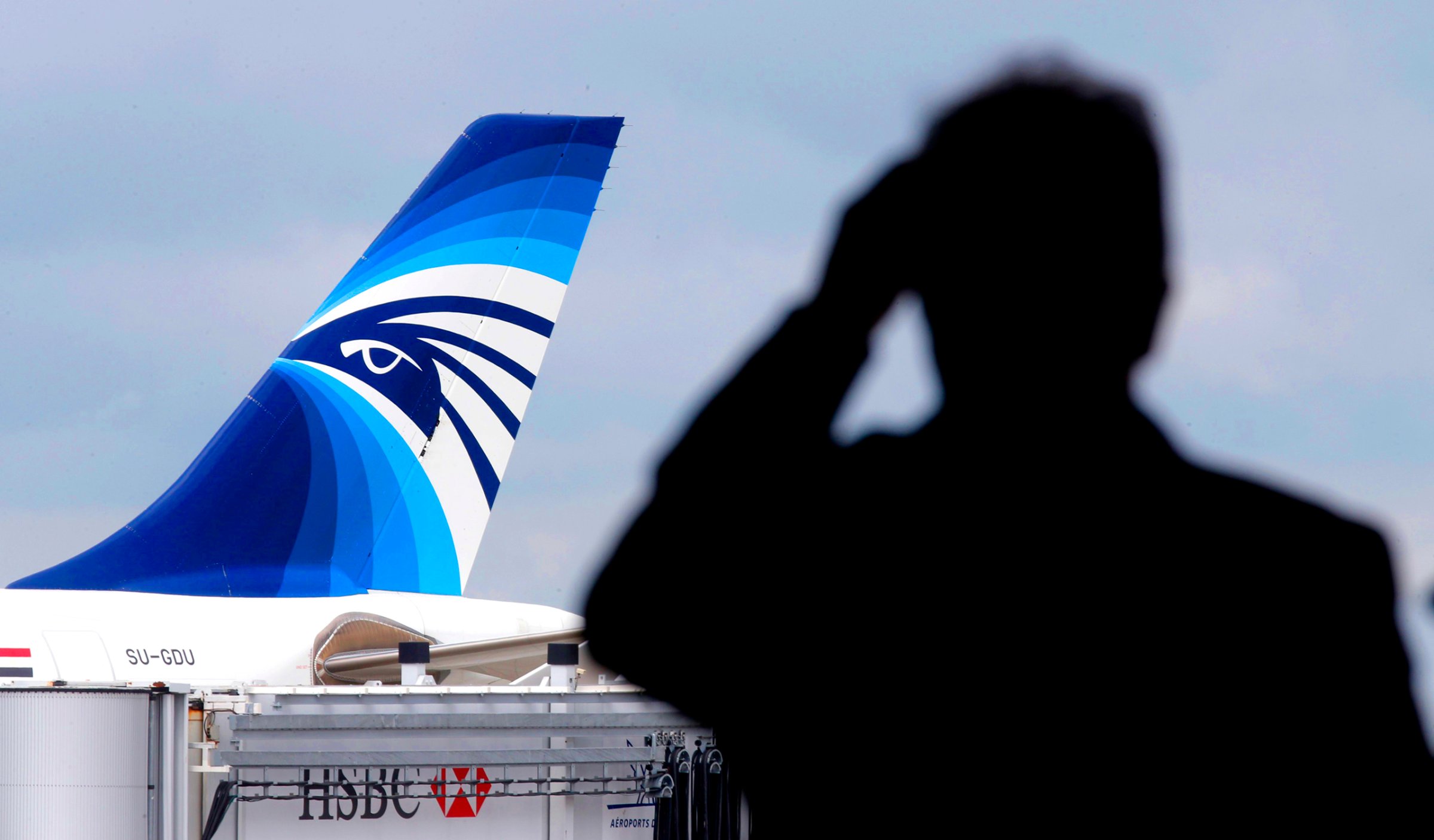
Airline security requires constant vigilance as terrorists’ tactics evolve with consumer technology. In 2010 an al-Qaeda affiliate in Yemen tried to slip a bomb hidden inside a printer cartridge onto a cargo flight bound for the U.S. Last year a Somali airliner was nearly brought down when a suicide bomber detonated a device concealed in his laptop.
To keep pace with the evolving threat, the U.S. government is cracking down on gadgets in the cabin. The Department of Homeland Security (DHS) announced on March 21 that it would require passengers on direct flights to the U.S. from 10 airports in the Middle East and North Africa to stow devices larger than a smartphone in their checked baggage. The new restrictions cover everything from laptops and iPads to cameras and handheld gaming devices.
Trump Administration officials say they know of no specific credible threat against U.S.-bound airliners. But they are wary of the growing sophistication of terrorist groups that “continue to target commercial aviation and are aggressively pursuing innovative methods,” a senior Administration official said. According to a U.S. counterterrorism official, authorities are paying particular attention to Ibrahim al-Asiri, the chief bombmaker for al-Qaeda in the Arabian Peninsula, the group thought to be responsible for the 2010 printer-cartridge plot. Other groups in the region have copied his tactics. The bomb smuggled onto the Somali airliner in 2016 was claimed by al-Shabab, another al-Qaeda-linked group. Egyptian officials revealed in December that traces of explosives were found on the bodies of passengers aboard an EgyptAir flight that went down last May en route from Paris to Cairo.
Security experts say forcing passengers to check personal gadgets will limit the sorts of materials and triggering devices would-be bombers might use to mask an explosive. While carry-on bags are screened by conventional X-ray machines, checked baggage goes through more-thorough explosive-detection systems. In addition, says Jeffrey Price, an aviation-security expert, it’s harder for a terrorist to detonate explosives in the cargo hold, which would require a timer or a trigger device based on barometric pressure.
For now, domestic flights are unaffected by the new restrictions, and it is not likely that officials will take away passengers’ smartphones next. Security experts say smaller gadgets pose less of a threat because they can’t conceal as much explosive material. It’s for this reason that passengers are restricted to carrying no more than 3.4 oz. of liquids, creams or gels into the cabin. “This is a world in which size matters,” says Bennet Waters, a counterterrorism expert and former DHS official. “The bigger the device, the more you can get in there.”
While officials say the security concern is real, critics suggest the Trump Administration has imposed the new policy in service to other motivations. U.S. legacy airlines have been complaining for years about encroachment from foreign flag carriers like Etihad and Emirates on long-haul routes to the U.S. Meanwhile, the lingering controversy over President Trump’s stalled ban on travelers from six Muslim-majority countries has made civil libertarians suspicious. Hina Shamsi, director of the ACLU’s National Security Project, argues that the new crackdown on gadgets is driven by prejudice, because the 10 airports covered are in predominantly Muslim countries. “Given the Administration’s already poor track record,” Shamsi says, “this policy sends a signal of discriminatory targeting.”
When the U.S. changes its airline-security standards, foreign partners typically do the same. But among the allies with whom the U.S. has shared the intelligence behind the gadget crackdown, only the U.K. has so far followed suit. Canada says it is still studying the move, while German authorities said they aren’t currently considering similar measures. It may be a sign that Trump’s crackdown on Muslim immigration has made it harder for allies to trust his Administration’s assessment of global security threats.
–With reporting by KATIE REILLY/NEW YORK and MAYA RHODAN/WASHINGTON
More Must-Reads from TIME
- Donald Trump Is TIME's 2024 Person of the Year
- Why We Chose Trump as Person of the Year
- Is Intermittent Fasting Good or Bad for You?
- The 100 Must-Read Books of 2024
- The 20 Best Christmas TV Episodes
- Column: If Optimism Feels Ridiculous Now, Try Hope
- The Future of Climate Action Is Trade Policy
- Merle Bombardieri Is Helping People Make the Baby Decision
Contact us at letters@time.com